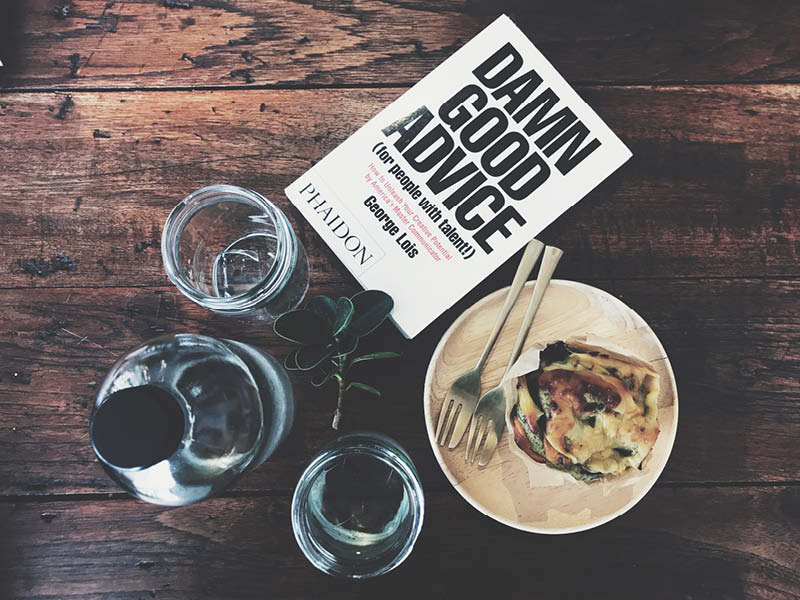Have you ever pondered if there is any practical difference between free and paid business advice?
Every business owner or leader is trying to minimise costs, so free advice can be very attractive at first sight – but might free advice actually cause more harm than good?
Matt and I had this exact conversation only a few weeks ago. A former colleague approached us and said they had reached a certain level of success with their new business with free advice from a range of sources, but they had now concluded that they could only grow further if they were prepared to pay a fair price for the right help. And so they sought us out to help them achieve their goals.
What we learned from that approach and my further research was enlightening:
No Pay, No Play?
I found a fascinating research paper published by Elsevier. They conducted three experiments to investigate whether the cost of advice, independent of its quality, affects how much people are actually willing to use that advice. The results show clearly that people use paid advice significantly more than free advice. There really should be “skin in the game” for both the adviser and the recipient – fair payment for quality advice, which needs to be used to justify the recipient’s investment.
Friends Without Benefits?
Every business owner or leader will lean on their network for some free ideas and confirm their thinking around a pivotal decision, like a sounding board. Chances are that you too have formed these relationships with others as reciprocal arrangements, calling on each other’s expertise.
However, the recipients of that advice may not be willing to challenge well-meant but impractical advice, whereas the givers of that advice may avoid giving necessarily “frank and fearless” advice to a friend where there is no paid business relationship, or will often feel disrespected if their views appear to have been practically ignored. That’s a “lose-lose” situation that can even end deep friendships.
Analysis Paralysis?
In my own consulting work I have seen business owners bounce between multiple people in their network, juggling multiple free opinions, some of which might even be directly contradictory. So its not surprising that they can easily become confused or even paralysed. Very few of us are prepared to throw away a gift, even if we never use it.
“I Know Someone You Should Have a Coffee With….”
Then there is the introduction to a third party – the expert recommended by a friend that we ask out for a 30 minute coffee that usually ends up going much longer, and into deeper territory.
Here are a few simple rules to make those “free” advice relationships work. Firstly, explicitly recognise the value of the adviser’s time and IP which can be compensated for in ways other than direct payment, eg a stated willingness to recommend the adviser for paid opportunities. Secondly, the recipient should not keep “going back to the well” without asking permission. Finally, the adviser needs to accept that giving free, “threshold” advice up to a certain limit might just be a fair investment in marketing and testing their own products and processes.
Oh, and the recipient should always pay for the coffees.
Let’s Google the Answer..!
Quora, Facebook and LinkedIn Groups are heavily used for business advice – being able to connect with people across the globe to solve a problem can be incredibly powerful. But how are you vetting the expertise and agendas of these contributors ? I have found forums brilliant for basic technical knowledge, but they often require a huge amount of time to sift through responses, or a lot of trial and error time and cost.
So When Should You Start Paying?
So When Should You Start Paying ? Here are our tips for knowing when you need to begin paying for your previously free business advice:
Protecting Your Intellectual Property (IP)
You should not be divulging valuable IP and business Information without a Non Disclosure Agreement (NDA). Handing an NDA over to a friend or someone in your network may come across like you don’t trust them – but paying them shows that you value their expertise and expect professionalism in your dealings.
Moving from Concepts to Execution
Free advice may get you to the starting blocks, but it won’t be reliably available to hold your hand while you are designing and implementing your Strategic Plan.
When Free Advice Does Not Get the Job Done
If you are finding that advice is not working, it could mean that you need a structured feedback loop to make it effective – which you will probably need to pay for. Alternatively, it could mean that you are not receiving the right counsel for your situation, and you don’t have a financial lever to pull to get what you need.
Complex Issues, Complex Advice
For example, I would not want to ask quora or a Facebook forum how to restructure my organisation. Similarly, it would be a big topic to cover over a coffee catch up without demanding a lot more time from the adviser than one can reasonably ask.
The Bottom Line
Anyone can have an opinion, but only a true business expert can give you valuable advice to help your business grow sustainably and become more valuable. And they shouldn’t give it away for nothing, if they are running their own business.






